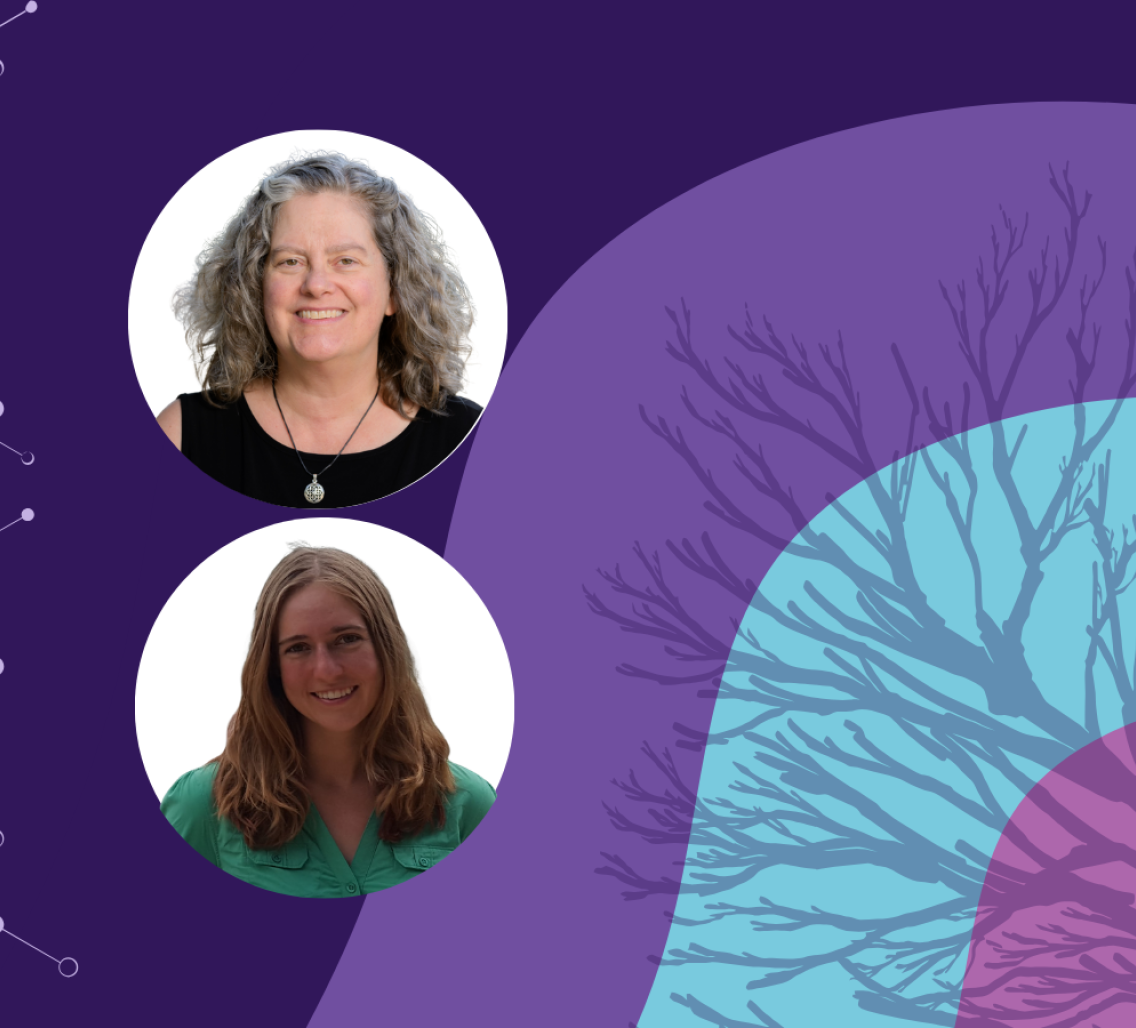Event Details:

Starting May 1, the Knight Initiative for Brain Resilience will host monthly seminars to bring together awardees, affiliated professors and students for a series of 'lab meeting' styled talks. Two speakers will discuss their brain resilience research, experiences in the field, and answer questions about their work.
Caitlin Taylor, Stanford University
Unlocking brain resilience with HDAC inhibition
Maintaining homeostatic processes is essential over the extended lifespan of neurons, but we do not understand what determines whether aging neurons resist or succumb to cellular stress. Neurons face immense membrane trafficking stressors both during development and as the brain ages: neurons must continuously synthesize, fold, and recycle proteins while also responding to age-dependent increases in damaged proteins. We propose that improving endosomal and secretory health could provide a flexible strategy to enable neuronal resilience across disease conditions. Using C. elegans and vertebrate cortical cultures, we found that neuronal resilience can be restored in stressed neurons by inhibiting the HDAC/SIN3 histone deacetylase complex. We hypothesize that HDACs constrain the ability of neurons to resist cellular stress and propose that HDAC inhibition activates a genetic network that promotes neuronal resilience. We will bring together an array of methodologies, including transcriptomics and cell biological imaging studies in live, intact neurons, to build a mechanistic understanding of how HDAC inhibition allows neurons to combat diverse cellular stressors. We hope to identify essential regulators of neuronal stress resistance that could represent new therapeutic targets to slow or prevent neurodegeneration.
Marion Buckwalter, Stanford University
Late cognitive decline after brain ischemia is associated with blood-brain barrier dysfunction
The Buckwalter lab studies the cognitive consequences of brain infarction, or stroke. Strokes occur in over 11 million Americans each year, with only 6% of these symptomatic–over half of all people have strokes at autopsy. Both silent and symptomatic strokes increase the risk of delayed dementia, and Dr. Buckwalter's talk will show new evidence that a faulty blood-brain barrier occurs in people with infarct-induced neurodegeneration and thus may explain the delayed risk of dementia.